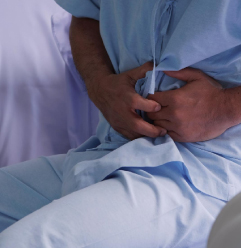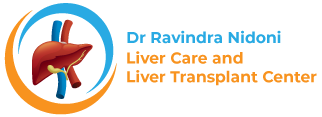ransjugular Intrahepatic Portosystemic Shunt (TIPS) Procedure
What is TIPS Procedure?
The Transjugular Intrahepatic Portosystemic Shunt (TIPS) procedure is a minimally invasive medical intervention performed to treat complications associated with liver cirrhosis, a condition in which there is scarring of the liver tissue. TIPS involves creating a pathway or shunt within the liver to divert blood flow around the liver, reducing the pressure in the portal vein and managing certain symptoms caused by liver disease.

Indications: TIPS is commonly recommended for patients who have complications related to liver cirrhosis. Some of the indications for the TIPS procedure include
Preparation and Procedure: Before the TIPS procedure, your healthcare team will provide specific instructions to prepare you adequately. This may include fasting for a certain period before the procedure and stopping certain medications
TIPS is typically performed under local anesthesia and conscious sedation. This means you will be awake during the procedure but will receive medication to help you relax and minimize discomfort.
The interventional radiologist will make a small incision in your neck to access the jugular vein, which is located on the right side of your neck. A catheter (thin tube) will be inserted through the vein and guided towards the liver using X-ray imaging.
Once the catheter reaches the liver, a small connection (shunt) will be created between the portal vein (inside the liver) and one of the hepatic veins (carrying blood away from the liver). This shunt will divert blood flow and reduce pressure within the portal vein.
During the procedure, the interventional radiologist will continuously monitor your vital signs and ensure the correct placement of the shunt. Once the procedure is completed, the catheter will be removed, and the incision site will be closed with sutures or adhesive strips.
Post-Procedure and Recovery
Following the TIPS procedure, you will be monitored in a recovery area for a few hours to ensure your stability. You may experience mild discomfort or soreness at the incision site, which can be managed with over-the-counter pain relievers. Your healthcare team will provide specific instructions regarding activity restrictions, diet, and medications to help you recover smoothly.
It is essential to attend all scheduled follow-up appointments to monitor the effectiveness of the TIPS procedure and manage any potential complications. Be sure to contact your healthcare provider if you experience severe pain, fever, bleeding, or any other concerning symptoms.











